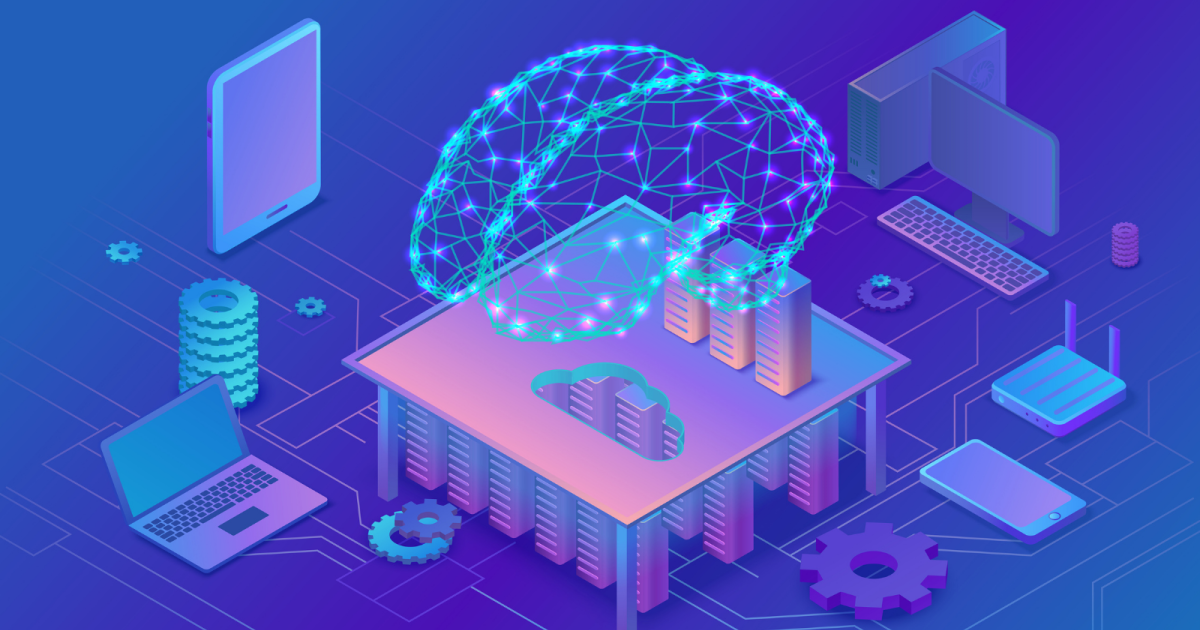1) Reduction in Human Error:
The phrase “human error” was born because humans make mistakes from time to time. Computers, however, do not make these mistakes if they are programmed properly. With Artificial intelligence, the decisions are taken from the previously gathered information by applying a certain set of algorithms. So errors are reduced and the chance of reaching accuracy with a greater degree of precision is a possibility. For example, in Weather Forecasting using AI they have reduced the majority of human error.
2) Takes risks instead of Humans:
This is one of the biggest advantages of Artificial intelligence. We can overcome many risky limitations of humans by developing an AI Robot which in turn can do the risky things for us. Let it be going to mars, defuse a bomb, explore the deepest parts of oceans, mining for coal and oil, it can be used effectively in any kind of natural or man-made disasters.
AI Robots can be used in such situations where intervention can be hazardous.
3) Available 24x7:
An Average human will work for 4–6 hours a day excluding the breaks. Humans are built in such a way to get some time out for refreshing themselves and get ready for a new day of work and they even have weekly offed to stay intact with their work-life and personal life. But using AI we can make machines work 24x7 without any breaks and they don’t even get bored, unlike humans.
4) Helping in Repetitive Jobs:
In our day-to-day work, we will be performing many repetitive works like sending a thanking mail, verifying certain documents for errors and many more things. Using artificial intelligence we can productively automate these mundane tasks and can even remove “boring” tasks for humans and free them up to be increasingly creative.
5) Digital Assistance:
Some of the highly advanced organizations use digital assistants to interact with users which saves the need for human resources. The digital assistants also used in many websites to provide things that users want. We can chat with them about what we are looking for. Some chatbots are designed in such a way that it’s become hard to determine that we’re chatting with a chatbot or a human being.
6) Faster Decisions:
Using AI alongside other technologies we can make machines take decisions faster than a human and carry out actions quicker. While taking a decision human will analyze many factors both emotionally and practically but AI-powered machine works on what it is programmed and delivers the results in a faster way.
7) Daily Applications:
Daily applications such as Apple’s Siri, Window’s Cortana, Google’s OK Google are frequently used in our daily routine whether it is for searching a location, taking a selfie, making a phone call, replying to a mail and many more.
8) New Inventions:
AI is powering many inventions in almost every domain which will help humans solve the majority of complex problems.
Can you think of more benefits of A.I.? Discuss them in the forum section and give examples!
